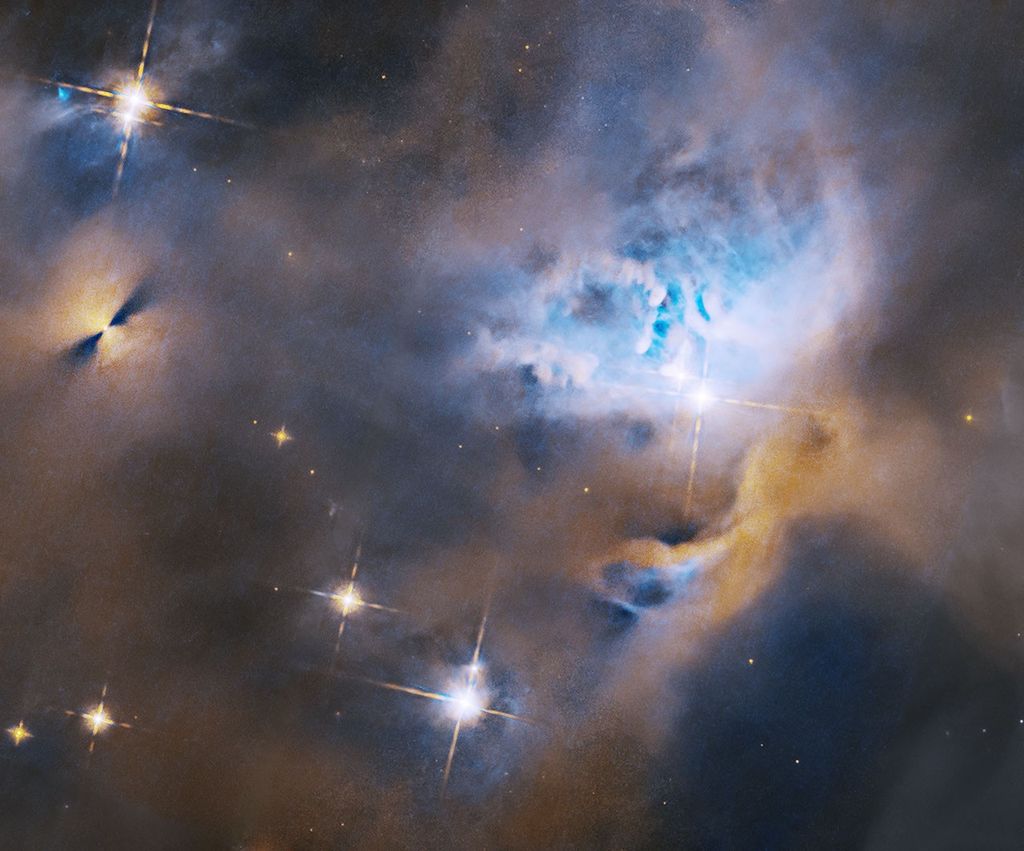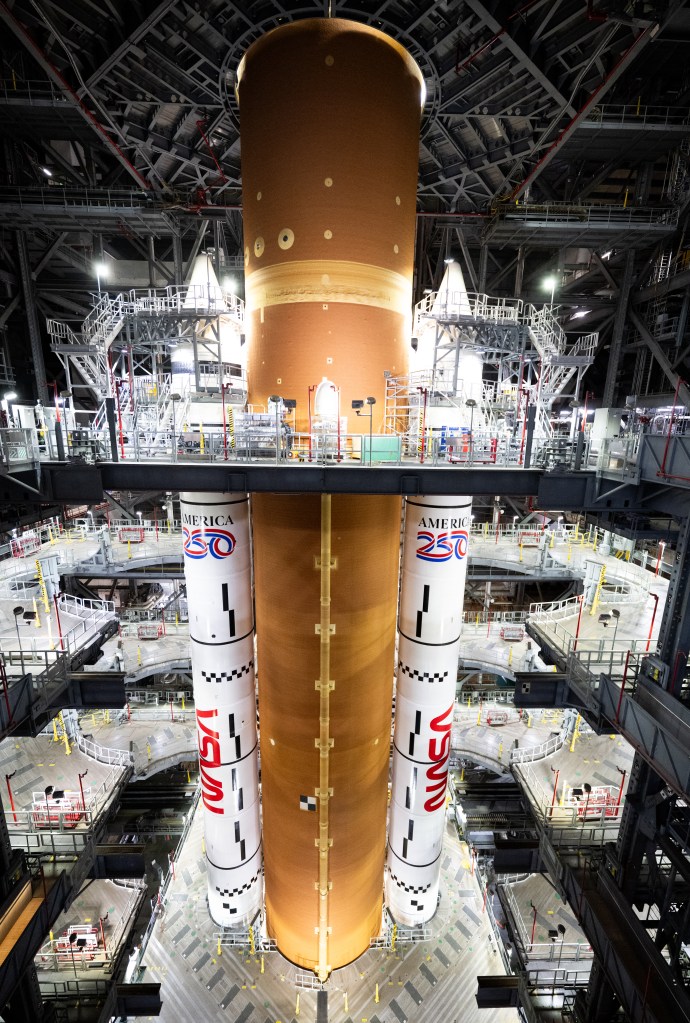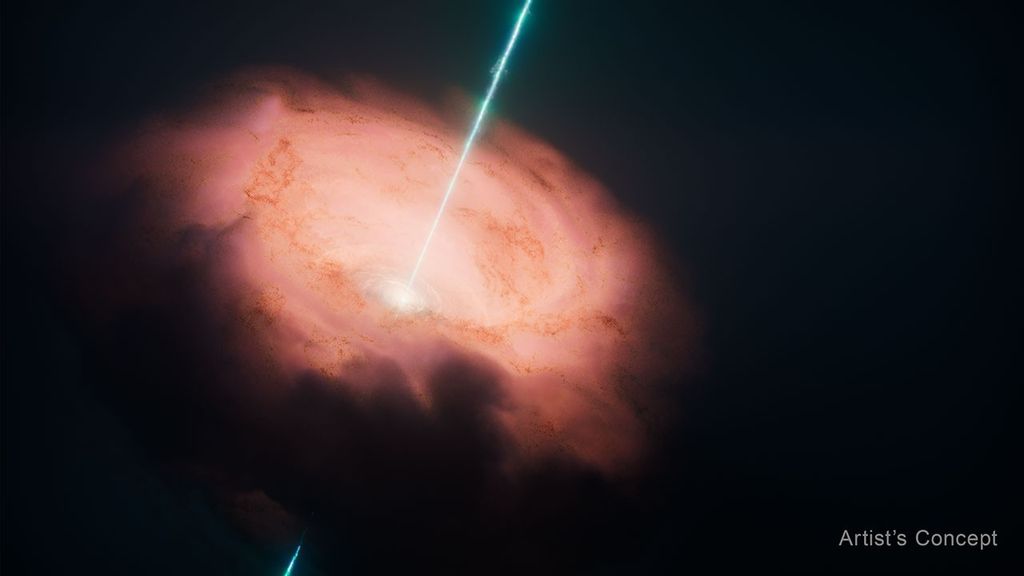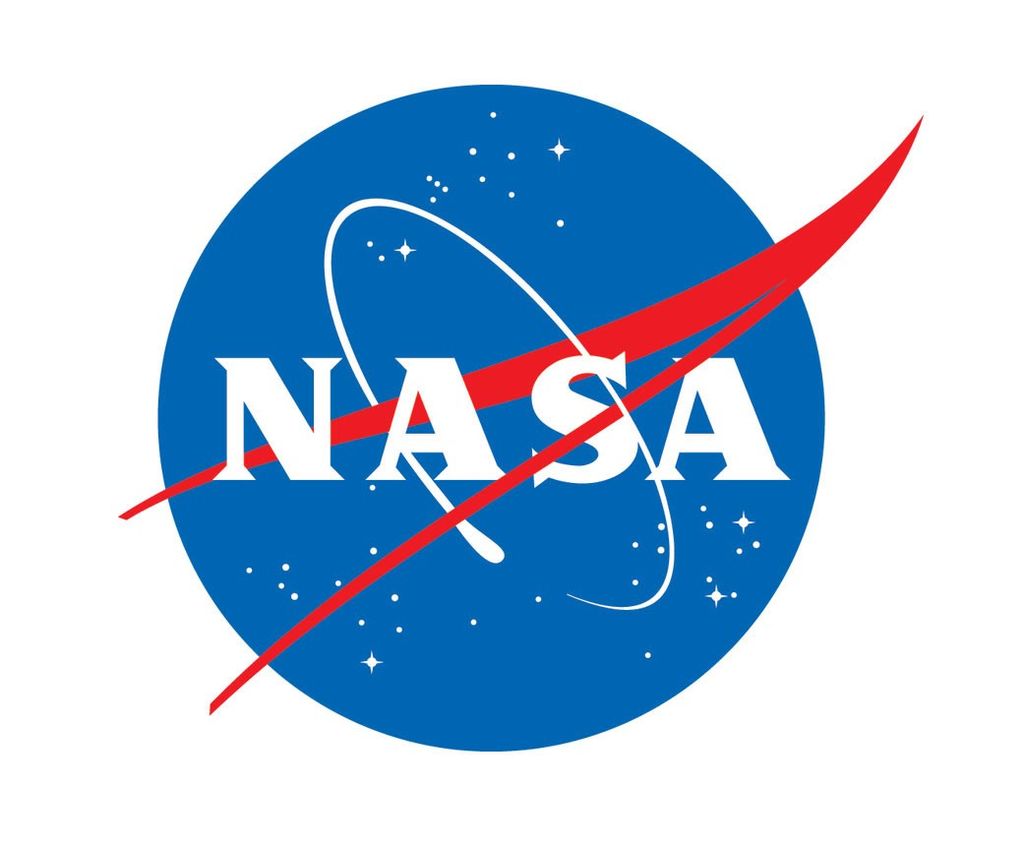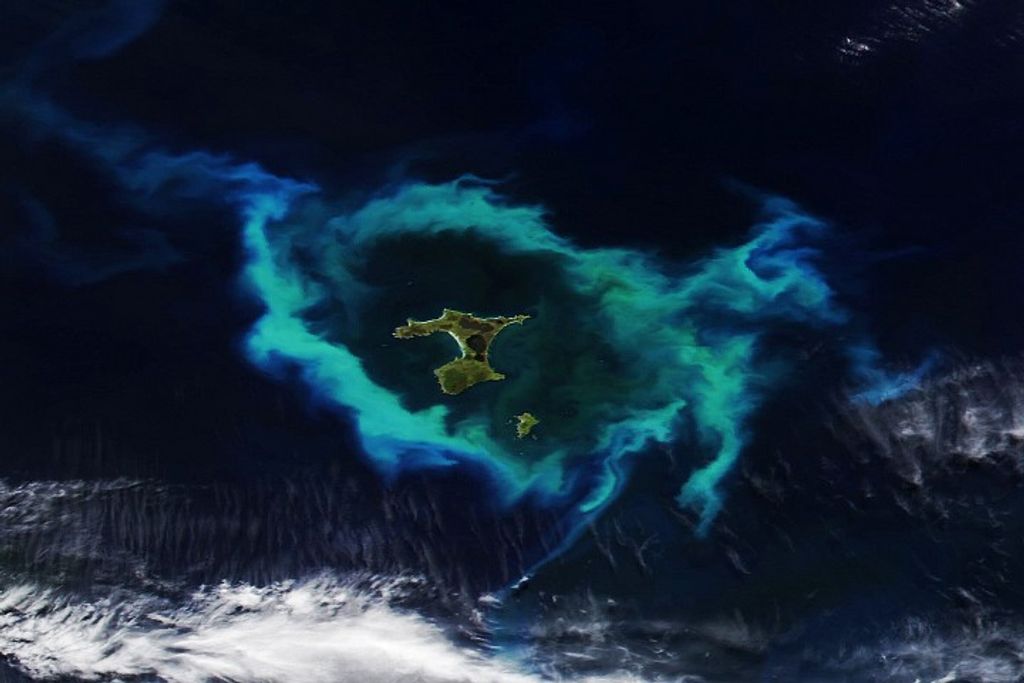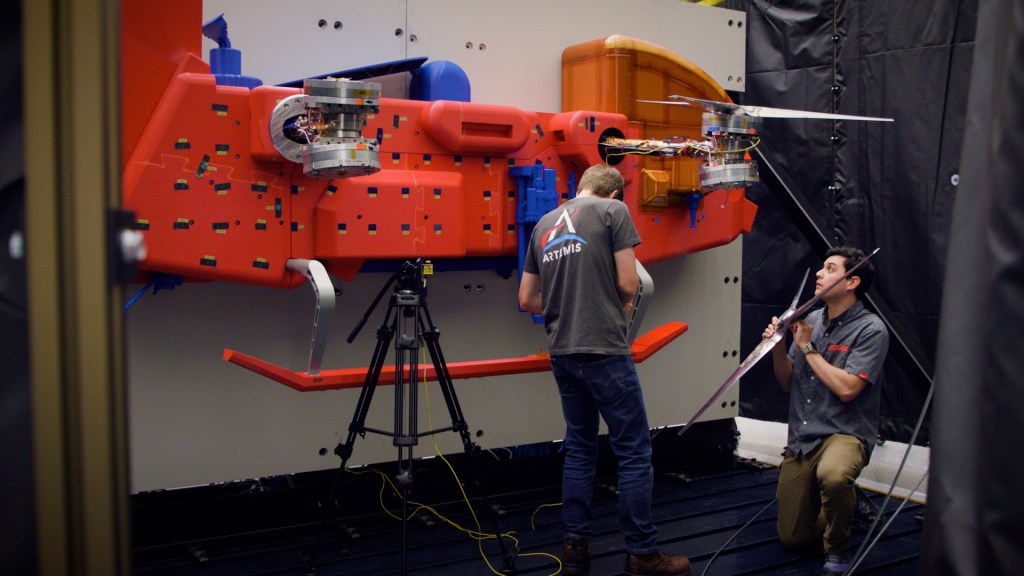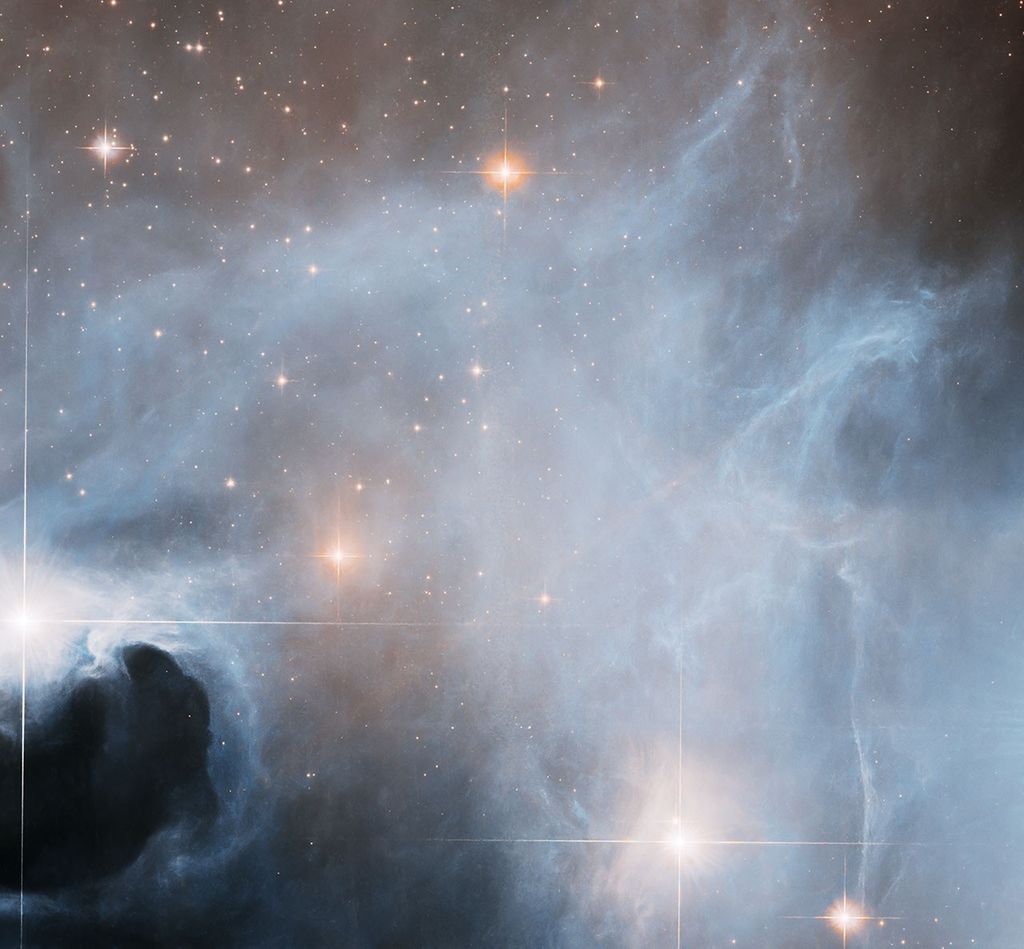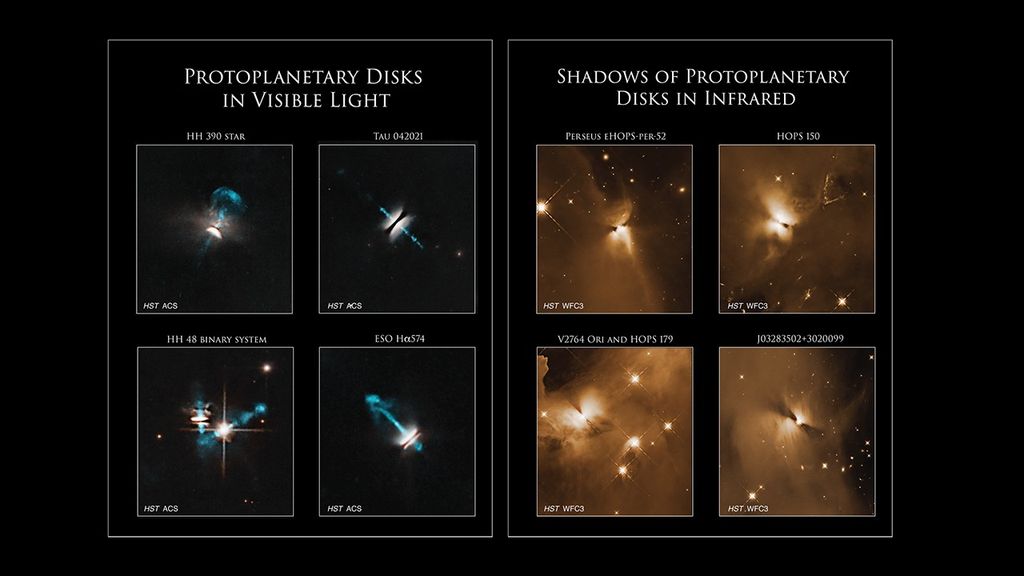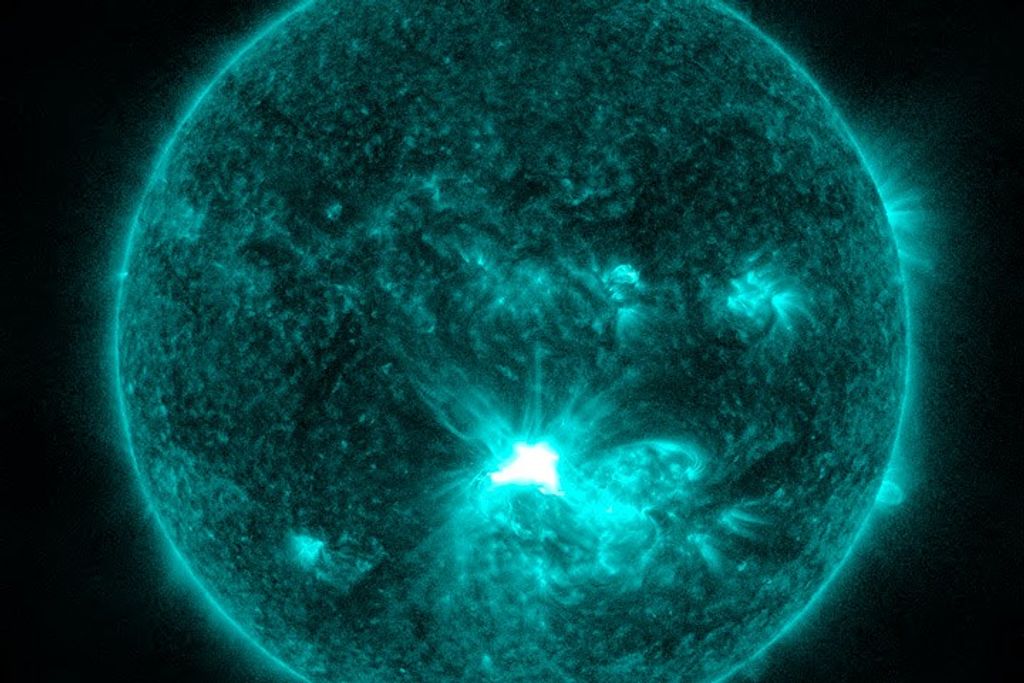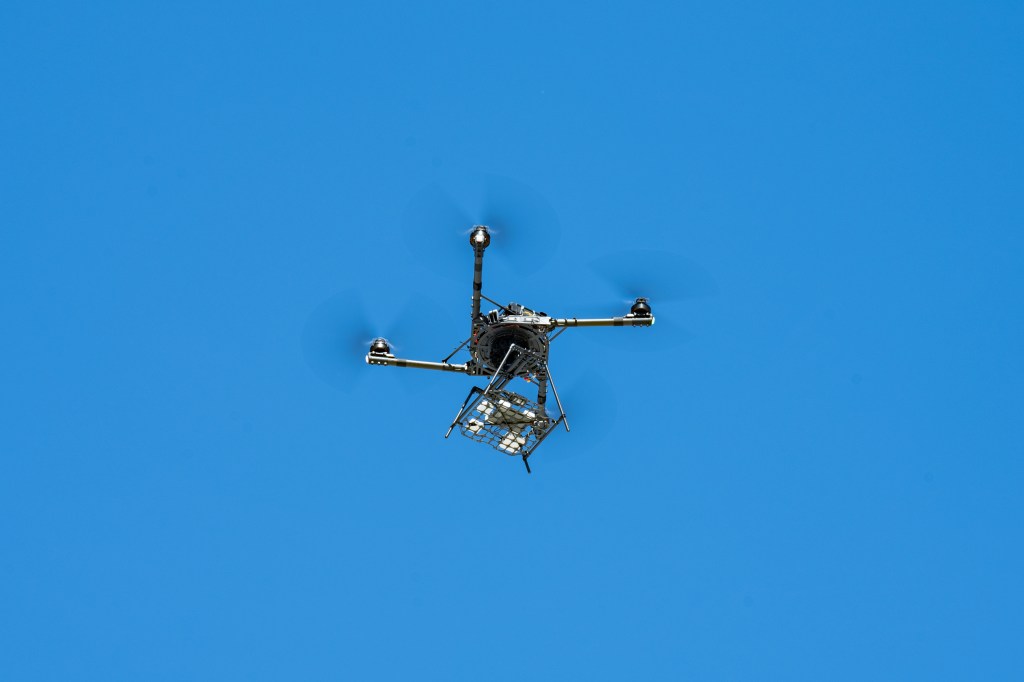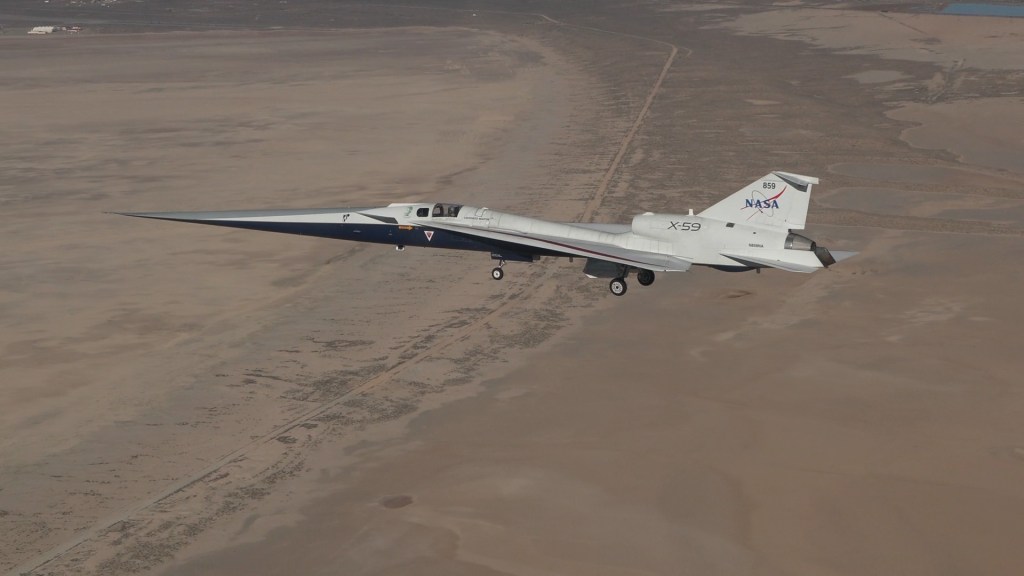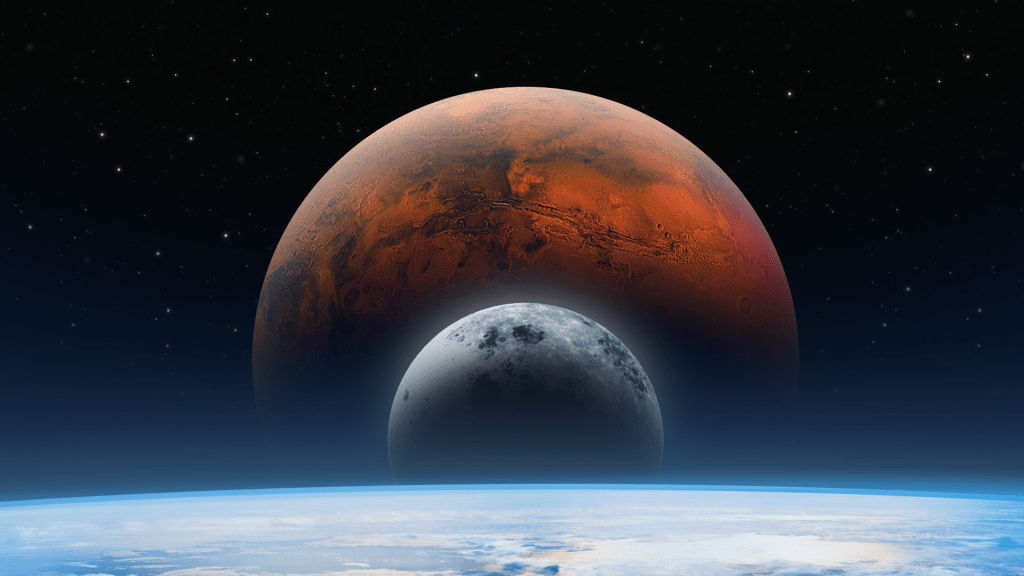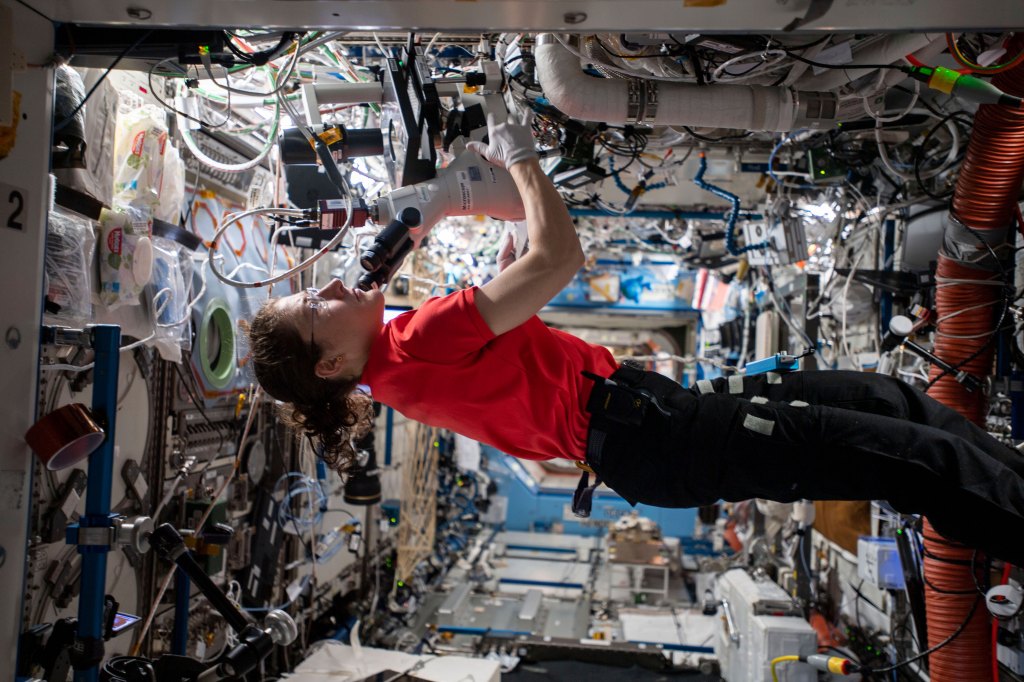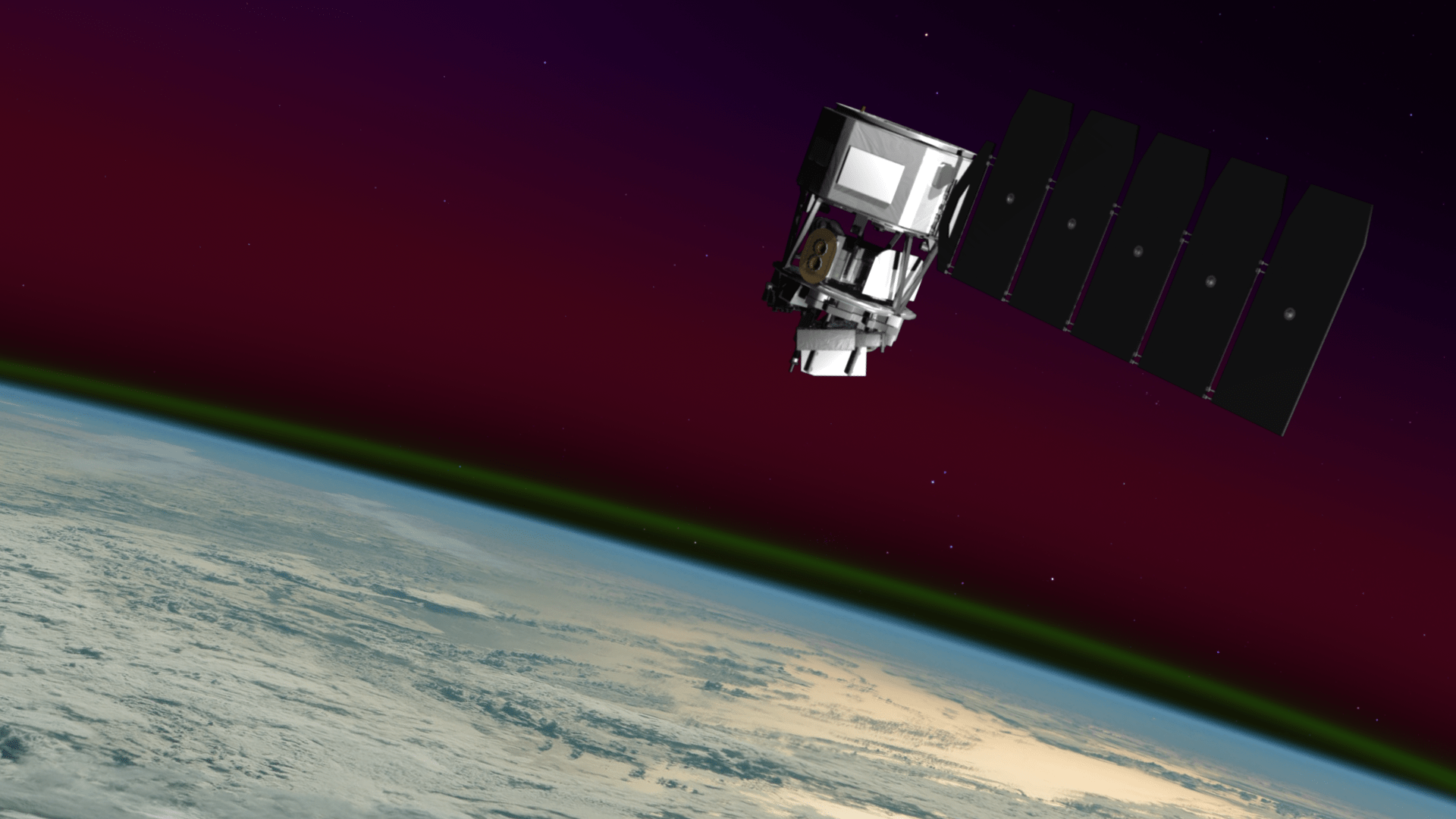NASA is postponing launch of the Ionospheric Connection Explorer (ICON) until 2018. The mission was previously planned to launch Dec. 8, 2017, on an Orbital ATK Pegasus XL rocket from the Reagan Test Site on Kwajalein Atoll in the Marshall Islands. NASA and Orbital ATK need additional time to assess a separation component of the rocket. More information on a revised launch date will be provided once it becomes available.
The Ionospheric Connection Explorer will study the frontier of space: the dynamic zone high in our atmosphere where terrestrial weather from below meets space weather above. In this region, the tenuous gases are anything but quiet, as a mix of neutral and charged particles travel through in giant winds. These winds can change on a wide variety of time scales — due to Earth’s seasons, the day’s heating and cooling, and incoming bursts of radiation from the sun.
This region of space and its changes have practical repercussions, given our ever-increasing reliance on technology — this is the area through which radio communications and GPS signals travel. Variations there can result in distortions or even complete disruption of signals. In order to understand this complicated region of near-Earth space, called the ionosphere, NASA has developed the ICON mission. To understand what drives variability in the ionosphere requires a careful look at a complicated system that is driven by both terrestrial and space weather.
ICON will help determine the physics of our space environment and pave the way for mitigating its effects on our technology, communications systems and society.
-end-
Tori McLendon
Kennedy Space Center, Fla.
321-867-2468
tori.n.mclendon@nasa.gov

